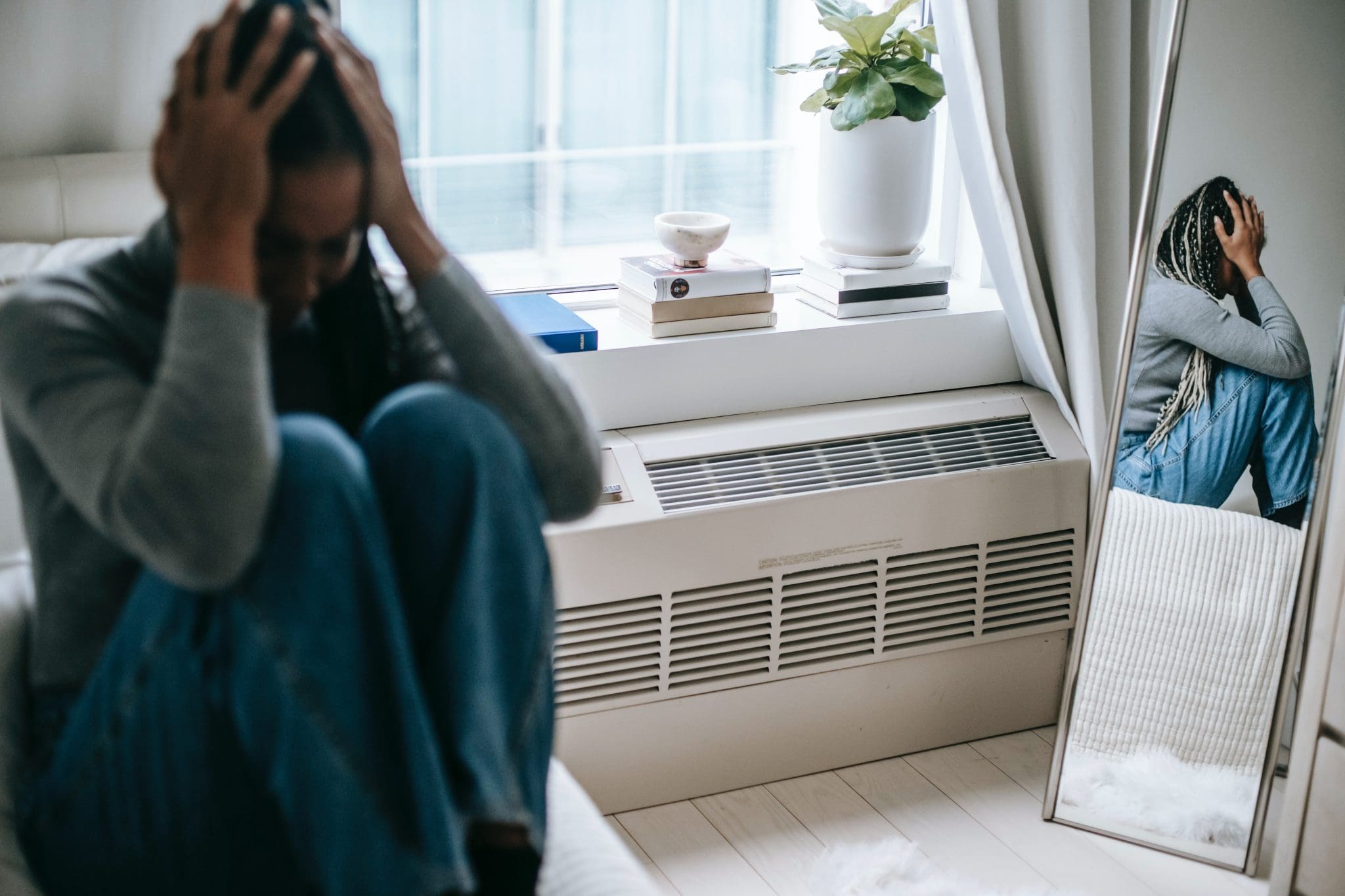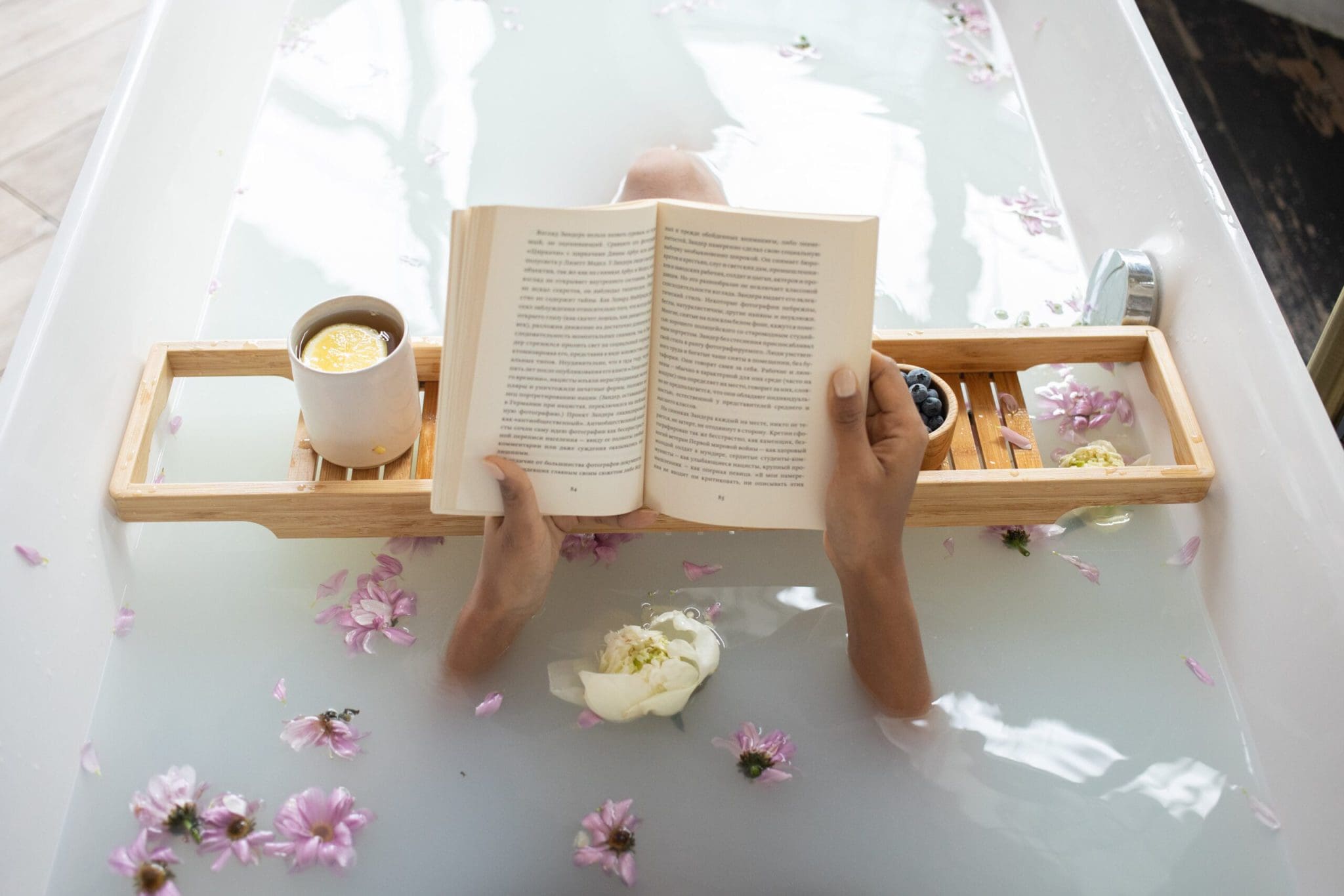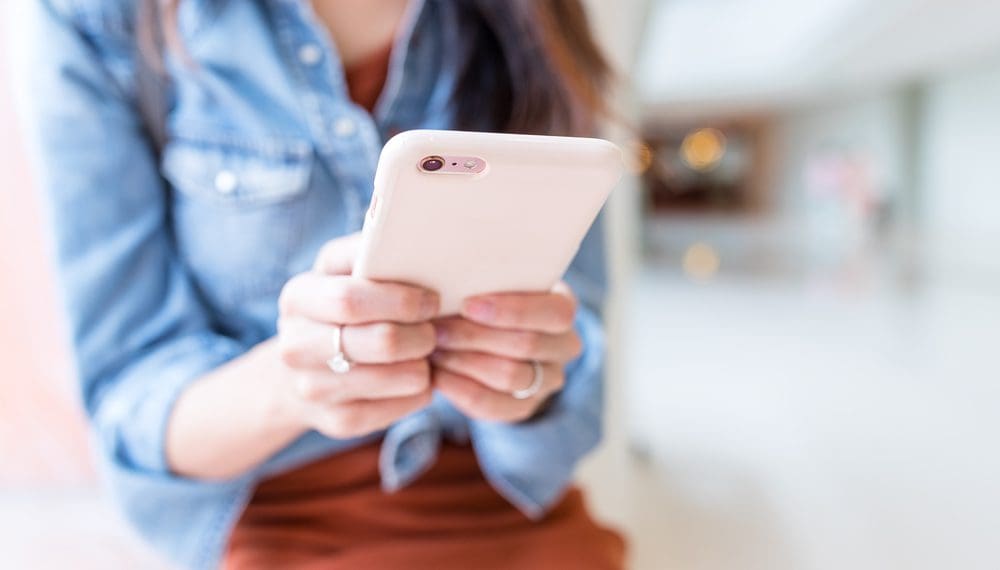Full Disclosure: Clicking on these links could mean a tiny commission for me, at no extra cost to you.
Technology is woven into nearly every part of our lives, shaping how we connect, work, and even take care of ourselves. From scrolling through social media to managing tasks on our smartphones, digital tools have changed how we communicate, learn, and access healthcare. But as technology keeps advancing, its impact on our mental health is becoming more of a talking point. While it opens new doors for mental health support, it also brings along some real concerns regarding the impact of technology on mental health. On one side, technology can help more people find the resources they need to cope and thrive. But on the other hand, too much screen time can lead to anxiety, depression, and feeling isolated. Let’s go a bit further and weigh the pros and cons.
Advertisement
💚 Ready to Start Healing?
Therapy can change lives — and BetterHelp makes it easy. Get matched with one of 20,000+ licensed therapists and begin your journey from the comfort of home. Services start at just $65/week — no waiting rooms, no commute.
Mental Health in Today’s Digital Time
Mental health has become a critical concern in today’s digitally-driven world. Increased awareness around mental health has led to more discussions about the importance of mental health. However, the pressures of modern life, including constant connectivity, social media influence, and the stress of daily routines, have also contributed to a rise in mental health issues. As these challenges grow, so does the need for effective mental healthcare, which heavily relies on the expertise and dedication of healthcare providers.
The Benefits of Technology on Mental Health
Technology has brought big changes to mental health care, making it easier and more convenient to get help when you need it. One of the biggest perks is that it’s now much easier to access mental health support. Thanks to apps, online therapy platforms, and telemedicine services, people can get the care they need from the comfort of their own homes. This is a game-changer for those who can’t easily make it to traditional in-person therapy, whether because of distance, cost, or physical challenges. In this way, technology is making mental health care more inclusive and ensuring that more people get the support they need when they need it.
Beyond just improving access, technology is also helping to make mental health care more personal. Tools like wearables, mood-tracking apps, and online assessments allow for continuous monitoring of mental health. This data can help healthcare providers create treatment plans that are specifically tailored to each individual, offering a more personalized approach to mental health care.
Here’s a quick recap of some of the top benefits of technology on mental health:
- Improved Accessibility: Access mental health support anytime, anywhere via apps, online therapy, and telemedicine.
- Convenience: Receive care from home, overcoming geographical, financial, or physical barriers.
- Personalized Care: Tailored treatment plans with data from wearables and mood-tracking apps.
- Real-Time Monitoring: Continuous tracking provides valuable insights for ongoing care.
- Reduced Stigma: Private, online platforms help individuals seek help discreetly.
- Affordable Options: Digital services often cost less than traditional therapy.
- Flexible Scheduling: Access care on your schedule, fitting it into busy lifestyles.
- Anonymity: Allows individuals to seek help anonymously, encouraging those who may be hesitant to reach out.
- 24/7 Availability: Access to mental health resources and support at any time, not limited by traditional office hours.
- Broader Reach: Helps underserved communities and rural areas access mental health services.
- Variety of Tools: A range of resources, from self-help apps to teletherapy, providing diverse support options.
- Peer Support Networks: Online communities and forums offer peer support and connection.
- Reduced Wait Times: Faster access to therapy sessions or mental health professionals compared to in-person services.
- Crisis Support: Immediate help during a mental health crisis through helplines and chat services.
Risks of Technology on Mental Health
While technology has brought many benefits to mental healthcare, it also poses several risks. One of the primary concerns is the potential for technology to contribute to mental health issues such as anxiety, depression, and social isolation. The overuse of social media, in particular, has been linked to increased feelings of inadequacy, loneliness, and stress. Constant exposure to curated images and content on social media can lead to unhealthy comparisons, which can negatively impact self-esteem and mental well-being.
Additionally, the addictive nature of digital devices can lead to excessive screen time, which has been associated with disrupted sleep patterns and decreased face-to-face social interactions.
Another significant risk is the issue of technology addiction. Many people, especially younger people, find it challenging to disconnect from their devices. In turn, this leads to a dependency that can interfere with daily life and mental health. The ease of access to digital content and the instant gratification it offers can make it difficult for people to manage their time effectively, often resulting in neglect of important activities such as exercise, socializing, and even work or study.
Cyberbullying and the spread of misinformation are additional risks that have become prevalent with the rise of digital platforms. These factors can contribute to a toxic online environment that negatively affects mental health, particularly for vulnerable populations such as teenagers.
Here’s a quick recap of the potential risks of technology on mental health:
- Increased Anxiety: Constant notifications and digital overload can contribute to anxiety.
- Social Isolation: Over-reliance on digital communication can reduce face-to-face social interactions.
- Sleep Disruption: Excessive screen time, especially before bed, can interfere with sleep patterns.
- Cyberbullying: Online platforms can expose individuals to bullying, harassment, or toxic environments.
- Addiction: Excessive use of technology, including social media, can lead to addictive behaviors.
- Comparison Culture: Social media can promote unrealistic standards and lead to negative self-comparisons, affecting self-esteem.
- Privacy Concerns: Mental health apps and platforms may pose risks to user privacy and data security.
- Misdiagnosis: Relying on self-assessment tools or unverified apps can lead to inaccurate diagnoses or inappropriate treatment.
- Reduced Attention Span: Constant exposure to digital media can affect focus and concentration over time.
- Over-dependence: Relying solely on digital tools may prevent individuals from seeking more comprehensive, in-person care.
🌿 Ready to Heal? Find Your Perfect Online Therapist Now
Anxiety is treatable — and BetterHelp makes support accessible and affordable. With 20,000+ licensed therapists and pricing starting at just $65/week, it's never been easier to get help. Take the free quiz and get matched with your ideal therapist today.
Other Considerations
One of the most pressing concerns is the issue of privacy and data security. Digital mental health tools, such as apps and online therapy platforms, collect vast amounts of sensitive personal information. This data needs to be protected to prevent breaches that could expose patients’ private information. Healthcare providers and technology companies must be vigilant in safeguarding this data, using secure systems and protocols to protect against unauthorized access. Patients need to trust that their personal information is secure when they use digital mental health services.
Another ethical concern is the potential for technology to replace human interaction in therapy. While online therapy and digital tools offer convenience and accessibility, they cannot fully replicate the depth of face-to-face interactions between a patient and a therapist. The therapeutic relationship is built on trust, empathy, and understanding, which can be harder to achieve through digital means. There is a risk that an overreliance on technology might lead to a depersonalized approach to mental healthcare, where the human element is diminished.
The Importance of Nurses in Mental Health
Nurses, in particular, play a crucial role in supporting mental health. They’re often the first point of contact for patients seeking help and are responsible for providing direct care, emotional support, and education about mental health. Nurses also advocate for their patients, so they receive the appropriate care and resources needed to manage their mental health conditions. Given their vital role in patient care, the demand for qualified nurses has surged, especially in mental health services. The increasing need for mental health support has made nursing one of the most in-demand professions in healthcare today.
For those interested in pursuing a career in nursing, particularly in mental health, obtaining the right education is essential. Nursing programs that provide a solid foundation in both general and mental healthcare are crucial for preparing future nurses to meet the demands of this field. One viable option for aspiring nurses is enrolling in accelerated online BSN programs. These programs offer a fast track to earning a Bachelor of Science in Nursing (BSN), which is increasingly becoming a standard requirement for most nursing positions. The online format of these programs provides flexibility so students can easily balance their studies with other commitments.
Future Directions
The role of technology in mental healthcare is expected to grow even further, with new advancements and innovations on the horizon. Emerging technologies such as artificial intelligence (AI) and machine learning hold the potential to revolutionize mental healthcare by offering more precise and personalized treatment options. For instance, AI can be used to analyze patterns in patient data, helping predict and prevent mental health crises before they occur. Virtual reality (VR) is another promising technology that can be used to create immersive therapeutic experiences, such as exposure therapy for anxiety and phobias.
However, it is crucial to balance the benefits of these advancements with the potential risks they bring. While these technologies offer exciting possibilities, they also raise new ethical questions and challenges. For example, the use of AI in mental healthcare must be approached with caution so it does not lead to biased outcomes or replace critical human judgment.
Final Thoughts on the Effects of Technology on Mental Health
The impact of technology on mental health has equal parts good and bad. While digital tools, like mental health apps, can enhance access to care and provide innovative treatment options, they also raise important ethical concerns and risks that need careful consideration.
Additional Resources
At Anxiety Gone, we believe in healing together. We’ve partnered with trusted wellness organizations to bring you the most effective tools, insights, and support. Some links may earn us a commission — always at no extra cost to you.
Join The Club
Connect with our private self-care community for daily support, exclusive tips, and inspiration. Join us today
Talk Therapy
Get matched with licensed therapists online through BetterHelp and begin your healing today. Start now
Hims/Hers
Receive personalized, affordable mental health care + medication from home — no insurance required. Learn more
Mental Health, Right to your Inbox
Subscribe to our newsletter for a place to rest your mental health and find ways to support your journey. Sign up
Emotional Freedom Technique
Tap your way to calm with scientifically backed stress relief. Our readers receive a 14-day free trial! Try EFT now
Mindfulness App
Access 2,000+ guided practices to support your mental health wherever you are + exclusive discount when you upgrade Try it
Online Breathwork
Experience calm and reset your nervous system with guided sessions and receive your first month free . Get started
Find a Helpline
If you need immediate support, visit our directory to find help near you. See helplines














































